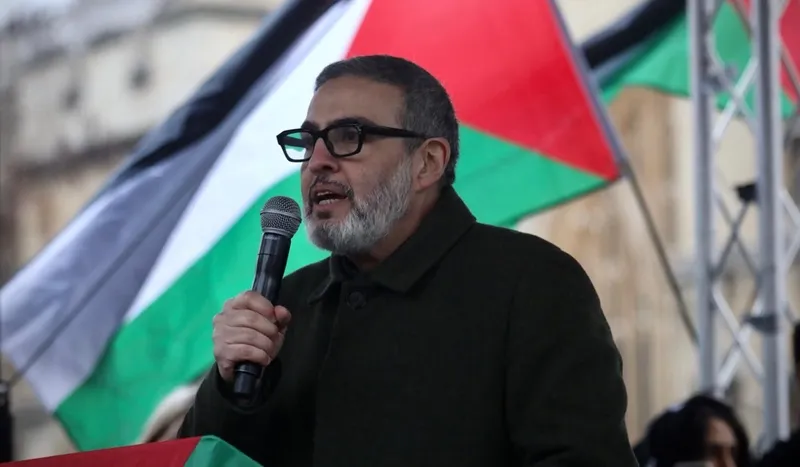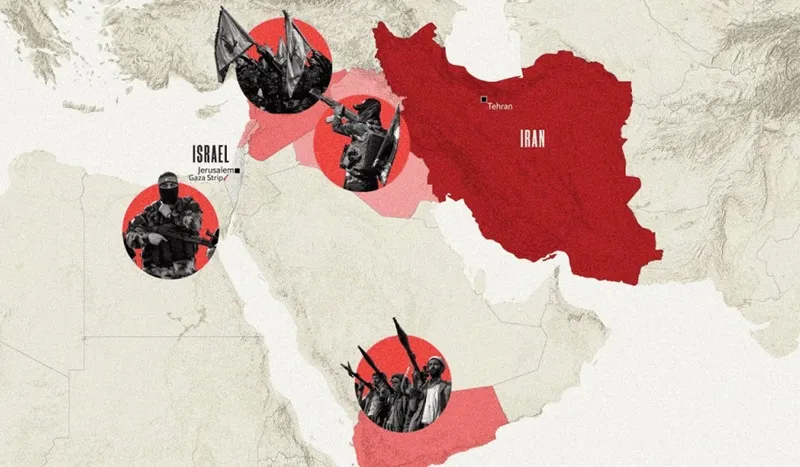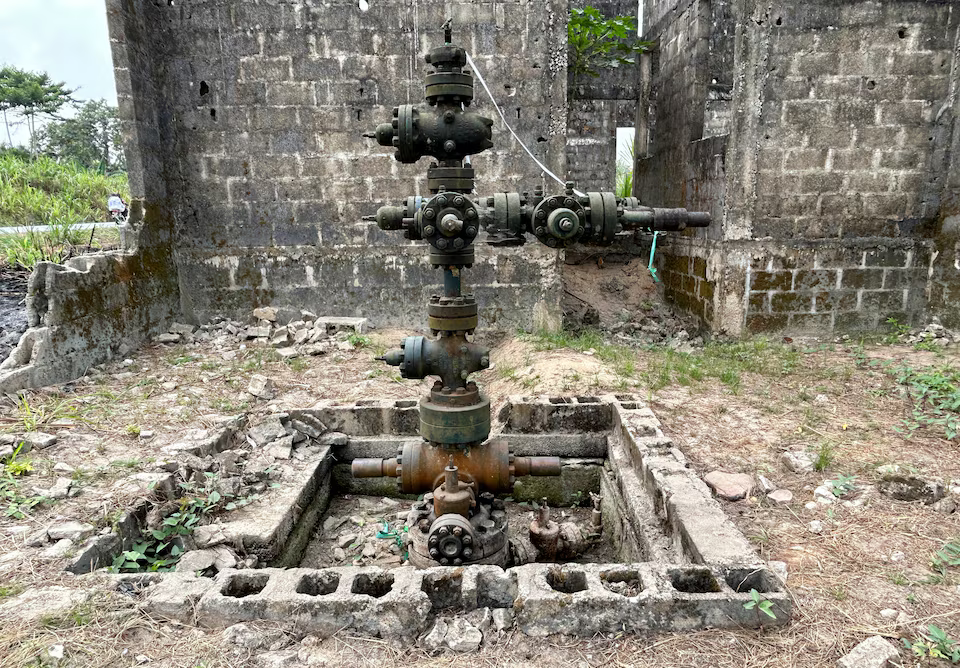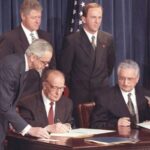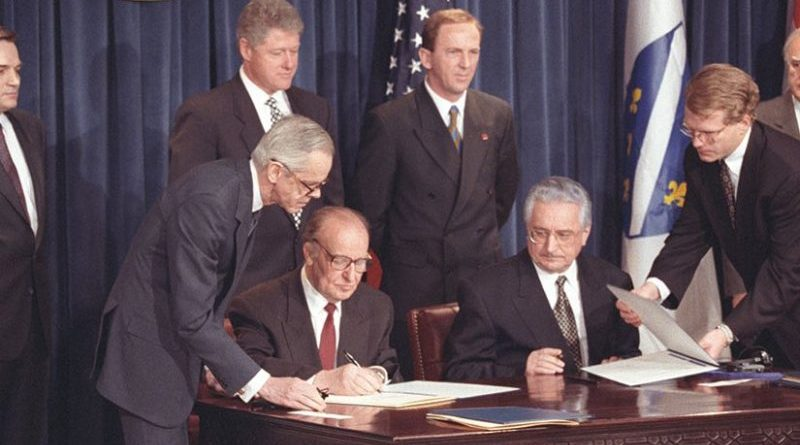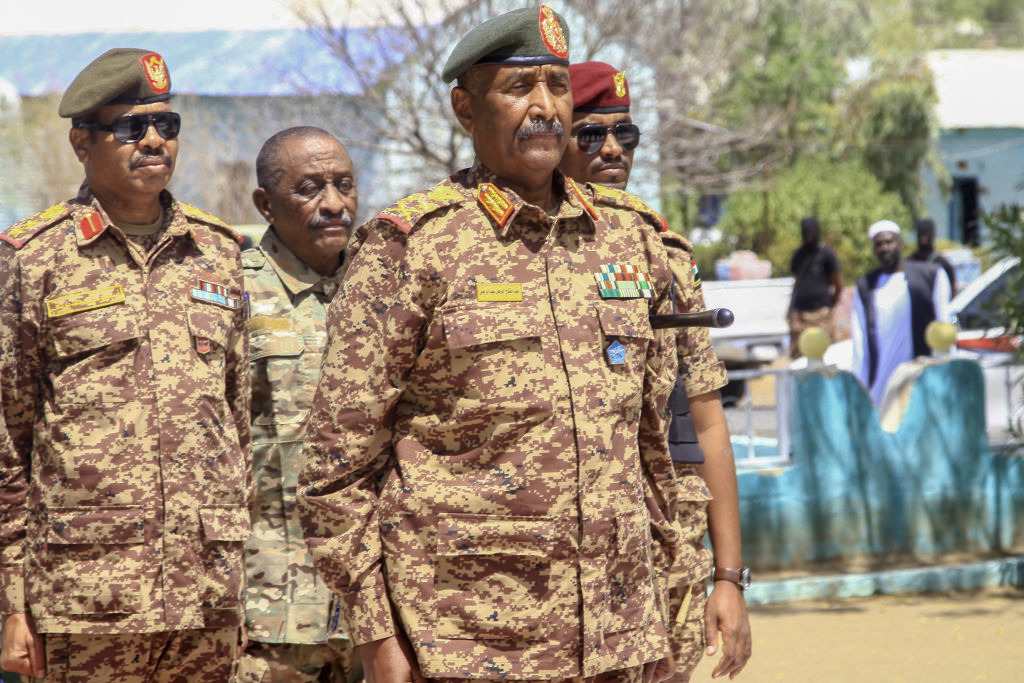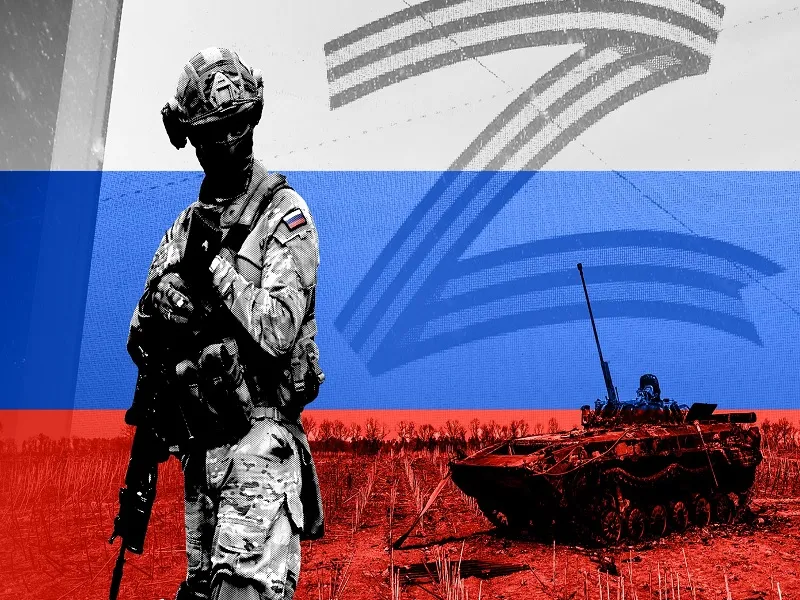The Georgian State Security Service & The Georgian Legion Are On The Brink Of War

Just like the Azov Battalion and other ultra-nationalists played a key role in the spree of urban terrorism known as EuroMaidan despite their small numbers, so too does the Georgian Legion envisage doing the same in Tbilisi nowadays.
The Georgian State Security Service strongly implied that the Georgian Legion is behind the latest Western-backed regime change attempt. In their words, “These criminal plans involve Georgian nationals currently based abroad, including some Georgians fighting in Ukraine”, and are financed from overseas. This follows Georgian Legion leader Mamuka Mamulashvili accusing them of being controlled by Russia, which he claims turned Georgia into a puppet state, and embedding its spies within his ranks.


